Car Leasing in New Zealand: How Does It Work?
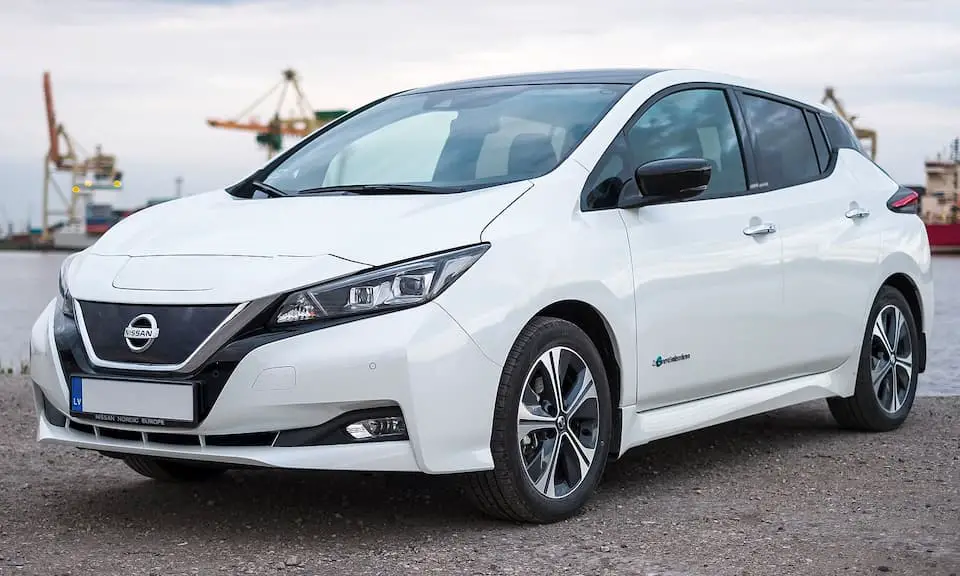
If you want to drive a brand-new car without committing to longer ownership, car leasing might be for you. It’s also popular with business owners who need vehicles for business such as deliveries and moving stock.
Car leasing is technically renting a vehicle for a set period, usually between one and five years, and paying a monthly fee for it. It comes with both advantages and drawbacks. If you decide to lend, there are many car leasing companies to choose from in New Zealand offering new and used vehicles.
If you’re thinking about leasing a car and want to know more, read along. In this comprehensive article, we’ll explore the ins and outs of car leasing, the costs involved, the benefits of leasing a car in New Zealand and whether it’s the right choice for your needs.
Also read: Getting a car loan in New Zealand.
Vehicle lease in New Zealand: a good deal or something to avoid?
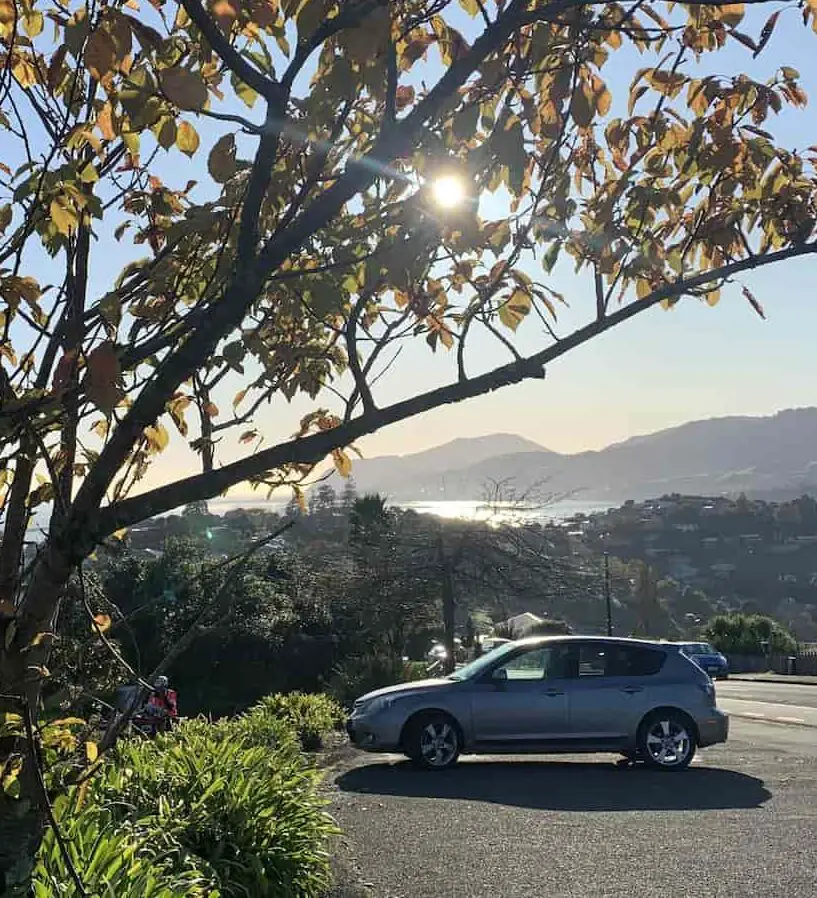
While car leasing is quite popular in other countries, it’s less known in New Zealand. In 2018, out of the 161,488 new passenger registrations, 21,500 (12.5%) were car leases. Leasing can be a great option for someone who wants to enjoy the benefits of driving a new or used car without the long-term commitment (and cost) of ownership.
Leasing a car is similar to renting a house, where you pay the initial deposit and get to enjoy the property for a set period while paying monthly rent. Hence, the process of leasing a car in New Zealand typically involves several steps:
- Find a car leasing provider: You can simply google the best providers in your area. In Christchurch, Honda Store Christchurch offers leasing. But you can also lease a car at many car rentals.
- Select a car: Select the vehicle you wish to lease. This could be any type of car, from compact models to SUVs, depending on your preferences and needs.
- Sign the contract: This includes negotiating the lease terms, including the lease length (usually between one and five years) and the maximum allowable mileage.
- Get car insurance: You will need to take a separate car insurance. It’s not included in your monthly rate.
- Make initial payment (deposit): Pay the initial payment, which is often equivalent to a few months’ worth of lease payments.
- Make monthly payments: Make regular monthly payments throughout the lease term.
- Return the car: At the end of the lease term, return the car in good condition. You may have the option to purchase the vehicle at its residual value if you wish to keep it. You may also have to pay fees if you drove above the limit or the car is worn out.
On one hand, leasing offers convenience and affordability. When you lease a car, you aren’t bound by the financing and know how much you pay every month. Moreover, leasing can be particularly beneficial for self-employed individuals and freelancers, as leasing costs may be tax-deductible.
On the other hand, you won’t own a vehicle in the end but spend significant amounts of money on it nonetheless. For example, when leasing a car for 3 years, you contribute more than a third of the car’s price yet get nothing in return. Therefore, leasing might not be a good financial move if you need a car for an extended period (over two years).
Costs
The monthly rate of leasing a car in New Zealand varies depending on the make and model of the vehicle, the lease term, and the agreed-upon mileage. Monthly lease payments typically cover the vehicle’s depreciation, and some leases may also include servicing and maintenance costs. The charges are fixed so that you can budget for them easily.
An average lease payment can vary from $500 to $1,000 per month.
In addition to the monthly payment, you need to keep in mind charges such as early termination, late fees, damage fees, and penalties. It all should be stated in your lease contract.
Here’s an example of how costs might break down for different types of vehicles:
- Compact car: Leasing a compact car, such as a Toyota Corolla or Mazda3, could start at around $500 per month, based on a standard lease term of three years.
- SUV: Leasing a larger vehicle like a Hyundai Tucson or Toyota RAV4 might range from $700 to $1,100 per month, depending on the specific model and lease agreement.
- Luxury car: For those interested in luxury vehicles, leasing could start at approximately $1,000 to $2,000 per month.
- Electric car: Leasing an electric car, such as Tesla or NISSAN Leaf, may begin at around $800 to $1,500 per month, taking advantage of the lower operating costs of electric vehicles.
You can calculate your approximate lease rate on this website.
These prices vary based on individual circumstances, the chosen vehicle, lease terms, and any additional features or services included in the lease agreement. When considering leasing a car, thoroughly review the terms and costs to ensure they align with your budget and driving needs.
Leasing also offers financial flexibility, as monthly payments are often lower than financing a vehicle purchase. In some cases, insurance and servicing are included in the lease, reducing your financial burden.
Additionally, leasing allows you to drive a newer or nicer car more frequently, as you can easily switch to a new lease when your contract ends.
However, it’s essential to weigh these benefits against the potential downsides. Leasing contracts can come with strict terms, and failure to adhere to them could result in substantial excess charges.
Moreover, with an operating lease, you won’t own the vehicle at the end of the lease unless you decide to pay off the residual value. Servicing the car often requires visits to the original equipment manufacturer, which can be more expensive than visiting a local mechanic.
Operating vs non-operating lease
There are generally two types of leases you can choose from operating and non-operating lease (finance lease). Both options allow a lease for 12 to 60 months.
The monthly payment for the operating lease includes:
- Scheduled servicing
- Annual registrations
- Warrants of fitness
- You can choose to include replacement tyres and puncture repairs
Read more about operating lease.
With a non-operating lease, you will need to take care of these maintenance costs on your own. Therefore, your monthly rate will be lower. You will also have the option to purchase at the end of the lease, which isn’t the case with an operating lease.
Who should lease a car?
Car leasing is a good option for individuals who prefer driving a new car every few years without the commitment of ownership. It can be particularly advantageous for businesses, self-employed and freelancers because they can tax deduct it as business expense. Car leasing makes sense for someone with not much money in their pocket and who can’t qualify for car finance, as it doesn’t require lump-sum payment.
Yet, car leasing may not be the best fit for those who value long-term ownership, as they won’t own the vehicle at the end of the lease term. Plus, if you drive a lot, you might exceed the mileage limits or want to make significant modifications to the vehicle; leasing wouldn’t be your suitable option.
Car financing
In many cases, it’s better to buy a car. There are many companies that offer affordable car financing, so you don’t necessarily need to have the entire amount on hand. Our recommended car loan provider is Simplify. They have a straightforward process of obtaining a loan.
However, to get a car finance in New Zealand, you must be a NZ resident or have a work visa. A lender will assess your financial situation and decide whether you qualify. If you don’t have any credit history in New Zealand and your foreign credit history isn’t acceptable, you can still get a loan, but the terms and interest rates might not be the best.
When buying or leasing a car, don’t forget about the insurance. With Cove, you get a month for free by signing up through Simple New Zealand.
How much does it cost to lease a car in New Zealand?
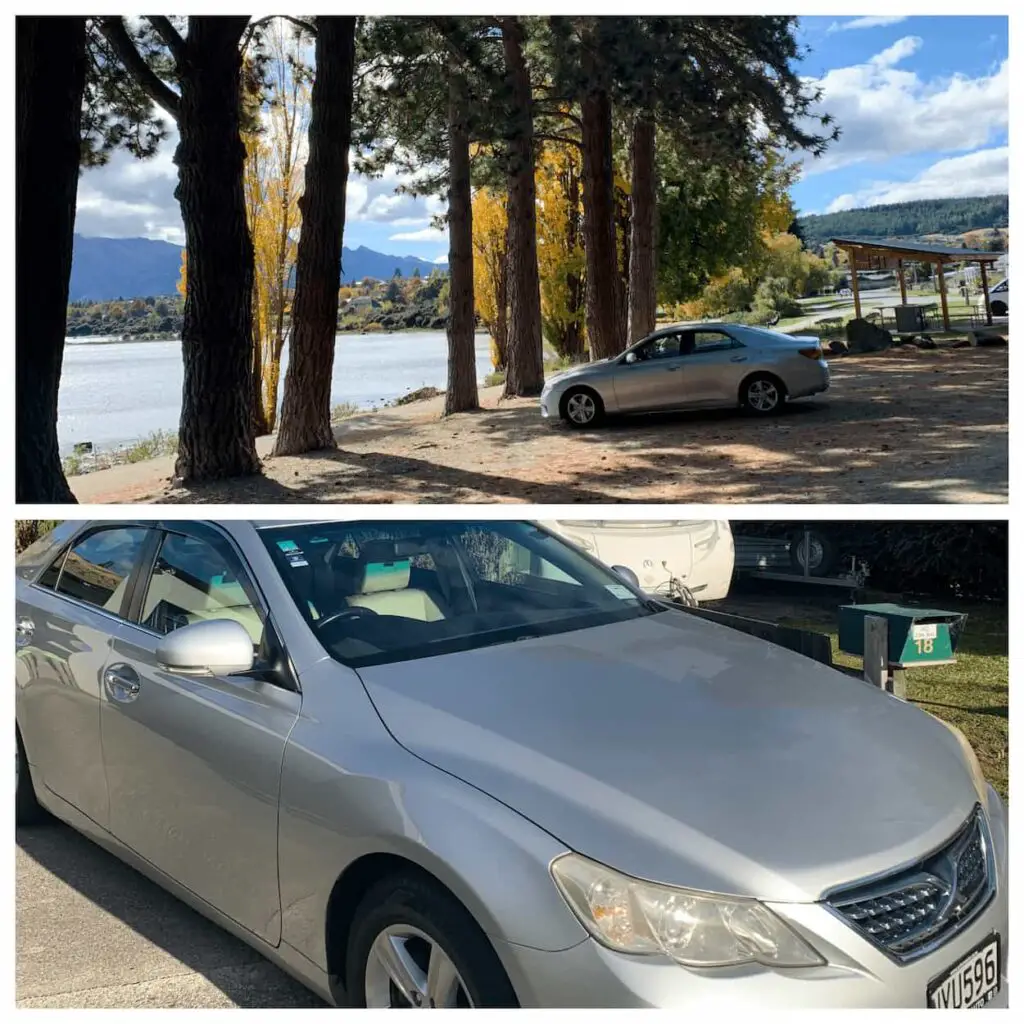
Here is a breakdown of the cost of leasing a car in New Zealand:
- Initial payment (deposit): The upfront payment is required when you sign the lease. It’s often equivalent to a few months’ worth of lease payments.
- Monthly payments: You pay regular amounts to cover the vehicle’s depreciation over the lease term.
- Mileage charges: If you exceed the agreed-upon mileage limit, you may incur additional charges.
- Wear and tear: Excessive wear and tear on the vehicle may result in charges upon lease return.
- Car insurance: You will need to take a separate car insurance before you start driving.
- Residual value: This is the estimated value of the vehicle at the end of the lease term. You may have the option to purchase the vehicle at this value if you decide to keep it.
- Servicing and maintenance: Some leases include servicing and maintenance costs, while others may require you to cover them separately.
The total cost of leasing a car depends on how long you want to lease it. As mentioned, when leasing for a long period, you technically pay a lot of money and get nothing in the end. Buying a car is a better investment, in that case.
Buying vs. leasing a car in New Zealand
Buying a car has its obvious reason, and so does car leasing. Generally, if you want a vehicle for private use, it’s better to buy one. New Zealand has plenty of cheap used cars to choose from, however, prices on new vehicles are pretty high. Car leasing is great for businesses because they like to have a fixed monthly cost, avoid depreciation and high investments. Here are the pros and cons of car leasing:
Pros of leasing a car:
- Convenience: Leasing allows you to negotiate conditions upfront, making the process relatively hassle-free.
- Low initial investment: You don’t need to have a large lump sum
- New vehicle every time: You can enjoy driving a brand-new vehicle and don’t worry about the depreciation.
- Affordability: Your monthly lease payments are often lower than with financing.
- Flexibility: Leasing enables you to drive a newer or nicer car more frequently by signing a new lease.
- Tax deductions: Self-employed individuals and freelancers may deduct leasing costs as business expenses.
- Avoid depreciation: The fact that cars in New Zealand have a higher depreciation rate than anywhere else in the world makes leasing very attractive.
If we consider the depreciation rate of New Zealand, which is 53,67%, according to the online used car dealership Carspring, here is how much new cars will be worth after four years of use:
- Toyota Corolla GX hatch: from $33,590 to $15,562.
- Kia Sportage LX AWD: from $41,990 to $19,453.
- Mazda CX-5 GLX: from $39,745 to $18,413.
- Hyundai Tucson 2WD: from $42,990 to $19,917.
- Suzuki Swift GLX: from $23,990 to $11,114.
- Holden Commodore SV6: from $55,990 to $24,940.
- Mitsubishi Outlander XLS AWD: from $47,490 to $22,002.
- Nissan Qashqai Ti: from $43,990 to $20,380.
Looking at this loss, leasing a car seems to be a pretty good deal.
Cons of leasing a car:
- Strict contract terms: Deviating from lease terms can result in excess charges.
- No ownership: You won’t own the vehicle at the end of the lease unless you buy it at its residual value.
- Possible refurbishment fee: You should keep the vehicle in good condition to avoid paying additional charges at the end of the lease.
- Servicing limitations: Servicing must often be done by the manufacturer, potentially leading to higher costs.
- No tax benefit as a private user: Private buyers don’t have tax benefits that attract businesses to car leases.
- Contractual inflexibility: If you want to end the lease early, you may incur fees or need to find someone to take over the lease.
- No modifications: You can’t customize the car, if you change something, you need to pay to put it back.
- Mileage restrictions: Exceeding mileage limits can lead to additional charges. Each lease contains a mileage limit (usually 20,000 km per year) that applies to the whole length of the lease rather than each year.
If you go overboard with mileage, you may face a penalty. It can get very pricey. Keeping mileage in mind is important when driving a leased vehicle.
- Compensating damages: Damages and modifications may require compensation upon lease return.
You can also calculate whether leasing or buying a car is a better investment.
Electric car lease – good idea?
As the world shifts towards sustainable transportation, electric cars have gained significant attention. You can see more Teslas on New Zealand’s steers. Leasing an electric vehicle can be a smart move, especially considering the country’s efforts to promote clean energy and reduce emissions. Here are some benefits you get with EV:
- Environmental impact: Electric cars produce zero tailpipe emissions, contributing to a cleaner environment and reduced air pollution.
- Lower operating costs: EVs are more energy-efficient and have lower operating costs compared to traditional internal combustion engine vehicles.
- Government incentives: New Zealand offers incentives for electric vehicles, such as reduced registration fees and lower road user charges.
- Technology advancements: Leasing an electric car allows you to experience the latest technology without the long-term commitment.
Leasing an electric car in New Zealand offers various options, and here are sample prices for leasing popular electric car models:
- Nissan Leaf: Leasing a Nissan Leaf, one of the most popular electric cars, may start at around $800 per month, making it an accessible option for eco-conscious drivers.
- Hyundai Kona Electric: The car is well-suited for those seeking a compact SUV with impressive range. Leasing a Hyundai Kona Electric could begin at approximately $900 per month, providing a blend of practicality and sustainability.
- Tesla Model 3: Leasing a Tesla might start at around $900 per month. It is known for its cutting-edge technology and performance, thus offering a premium electric driving experience.
When leasing an electric car, consider charging infrastructure, your daily commuting needs, and the availability of charging stations.
Best car leasing companies in New Zealand
When it comes to leasing a car in New Zealand, several reputable companies offer a range of options to suit your taste and budget. Here are some of the top car leasing companies in NZ, along with sample prices and terms:
- LeasePlan: LeasePlan provides comprehensive vehicle leasing solutions for individuals and businesses, with customizable terms and competitive rates. Leasing a compact car starts at around $350 per month, varying based on the chosen model and lease duration.
- Yoogofleet: A kiwi-owned Fleet Management, Finance & Leasing Company.
- Lease Direct: Auckland-based car leasing company. Prices start as low as $300 per month.
- sgfleet: sgfleet specializes in fleet management and leasing services, providing options for corporate and individual clients. Prices start at around $400 monthly.
- Orix: Orix offers a wide range of vehicles for leasing, including passenger cars, SUVs, and commercial vehicles. Leasing an SUV can start at approximately $500 per month, with options for various makes and models.
- Custom Fleet: Custom Fleet offers leasing solutions at decent prices starting from $735 per month.
- Honda Leasing: Honda Leasing provides leasing options for a variety of trusted Honda models. Leasing a Honda Civic may start at approximately $300 per month, depending on the lease terms.
- Toyota Leasing: Toyota Leasing offers a diverse range of Toyota vehicles for leasing, known for their quality, durability, and innovative features. Leasing a Toyota Corolla could start at around $350-400 per month, with different trims available.
- Flexi Lease: Flexi Lease offers a wide selection of vehicles for leasing, allowing you to choose from various makes and models based on your preferences. Leasing a compact hatchback starts at around $300 per month, making it an affordable option for daily commuting.
This post contains affiliate links. The affiliate link means we may earn an advertising/referral fee if you make a purchase through our link, without extra cost to you. It helps to keep this blog afloat. Thanks for your support.

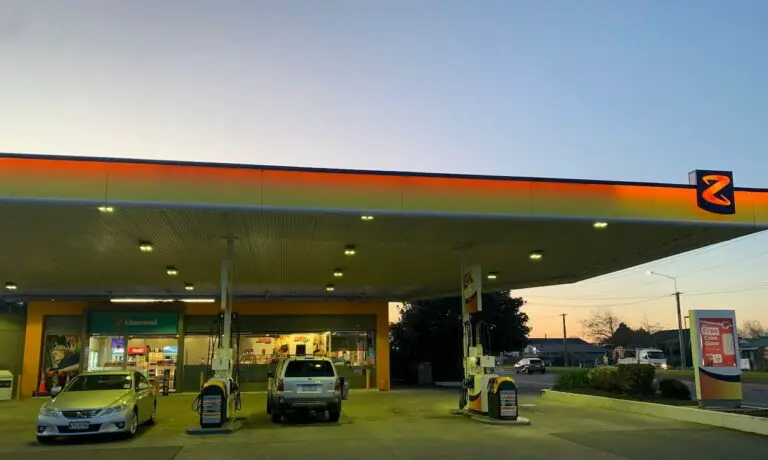
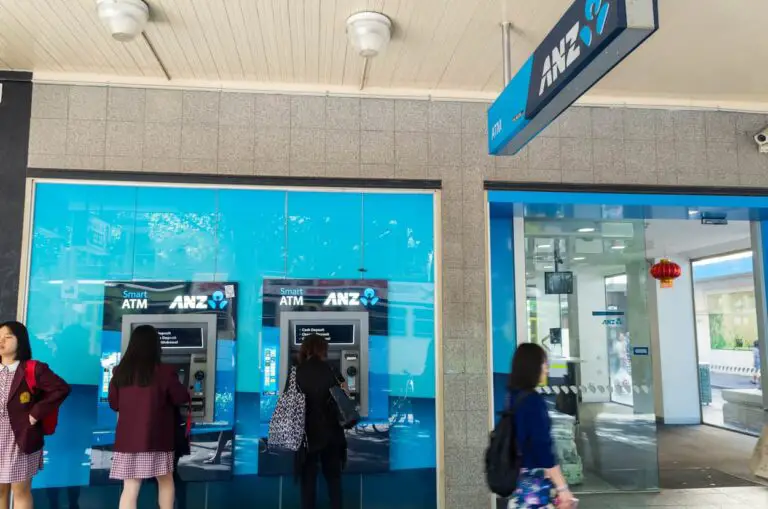

![Car Prices in New Zealand: New & Used [2024]](https://simplenewzealand.com/wp-content/uploads/2023/04/Blank-2-Grids-Collage-min-768x768.jpg)
![Easiest Bank To Get A Home Loan in New Zealand [2024]](https://simplenewzealand.com/wp-content/uploads/2023/07/IMG_3646-min-1-1-768x576.jpg)
![Using Wise Card in New Zealand: [2024 Guide]](https://simplenewzealand.com/wp-content/uploads/2023/05/IMG_3227-min-2-1-768x576.jpg)